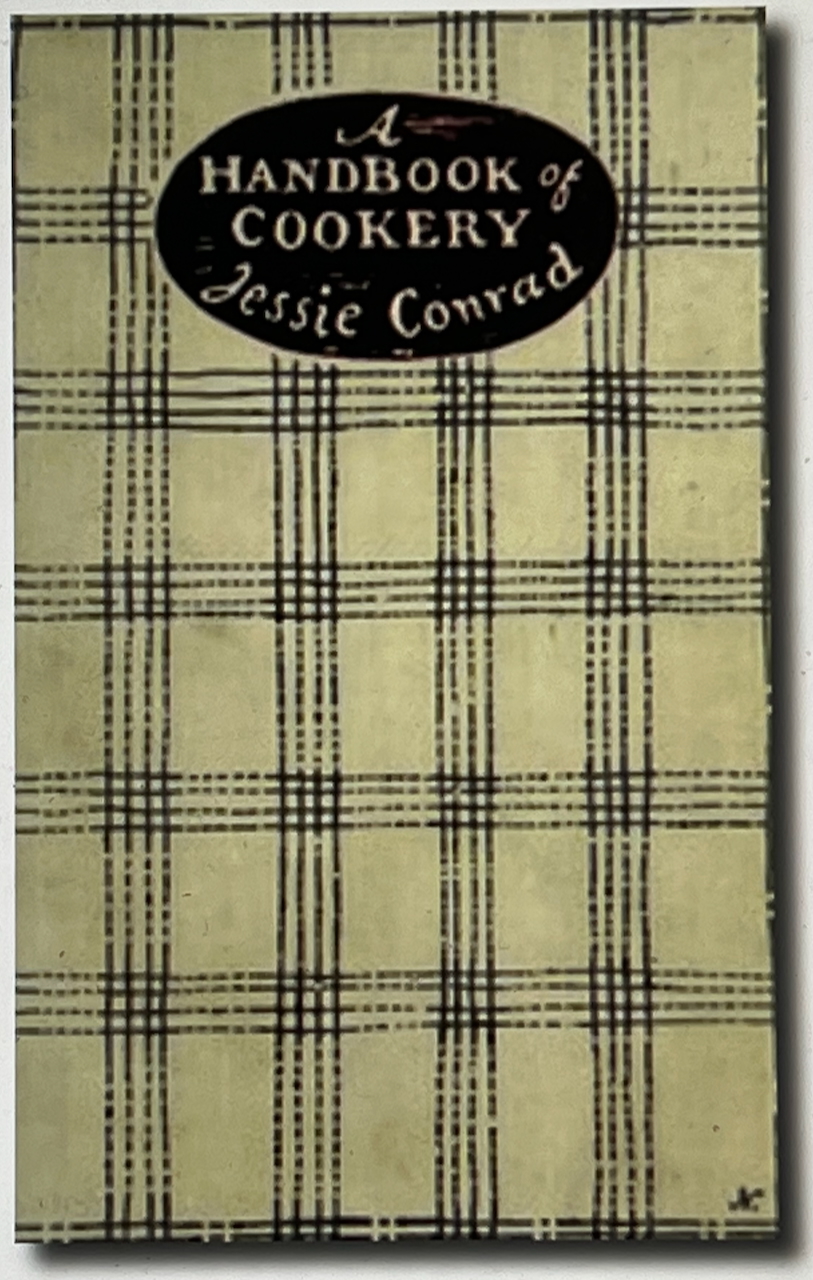Caretaking
January 5, 2023

Things have been hard, in some ways, for a friend. Others have it worse. He was always employed, for example. But it was a decade: debt, bankruptcy, tax problems, moves, marital conflict. He works with his hands, often outdoors, and the work, in addition to his troubles, was nearly the match of his energies.
He had people to take care of, and he was always devoted to them and to his work, and he had gotten little help. Someone had called him a caretaker, which sounded admirable, but he hinted the role was lonely. I thought he probably had no affection or tenderness in his life, and maybe worse, no one ever stepped up to say, I will take care of you.
The idea that it was the end of an era had been on his mind. A decade gone, with more losses recently he had not anticipated. He lay down the other night and slept like someone sick, he said.
Before dawn, as the wind died down, he had a dream in which all the women of his family came to him, one by one, and comforted him. He did not know why. He was sitting next to a river, but that was not important. Some of the women in real life had lain in the damp earth for decades, and some of those still alive may have once had the capacity to comfort but had lost it. He said he took the dream to have something to do with reality, though, because his stepmother, who never had that capacity at all, did not appear.
The women came silently but with their personalities intact—his mother, his other mother, his sister, her daughters, their daughters, his aunts, his cousins—all different people, as they were in life, but all maternal, loving, tender, and kind in a way he had not felt in a long time. It felt, he said, like something many men leave in childhood houses. The women in the dream seemed to say, without saying it aloud, This is what you should have in your life, you have been a good man, as they go. When he woke, he said, his face was wet as if with rain.







